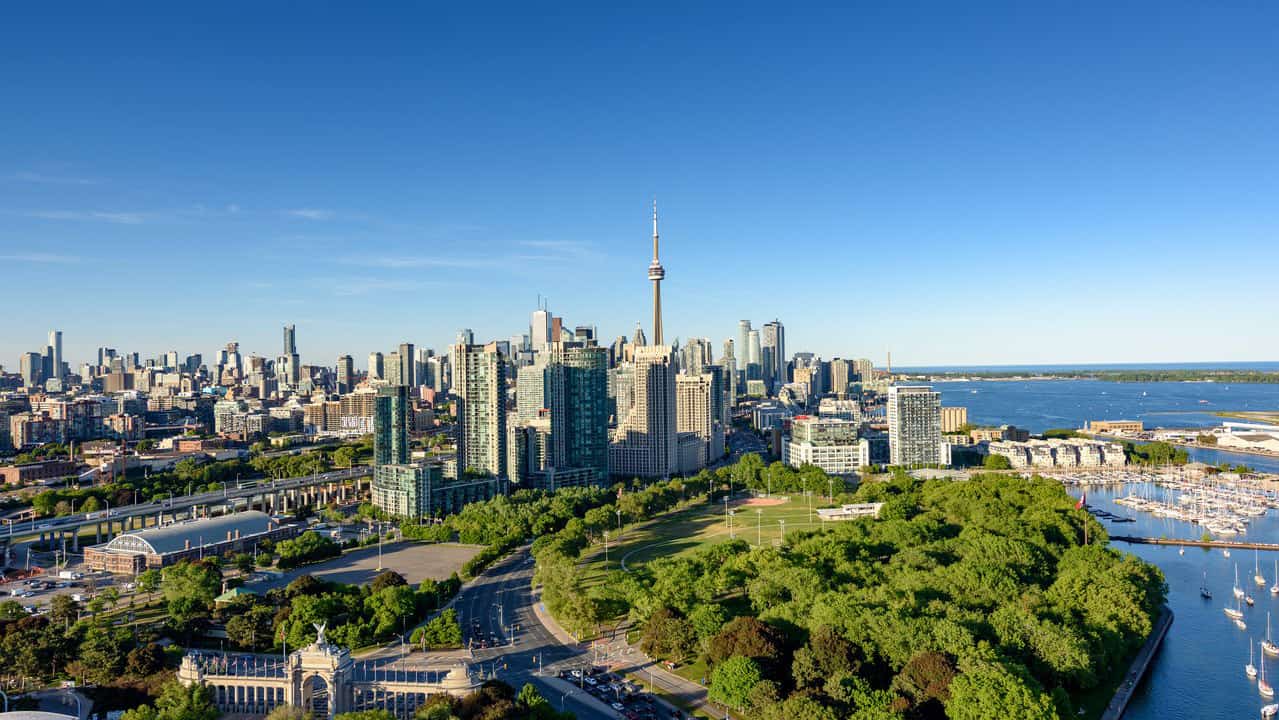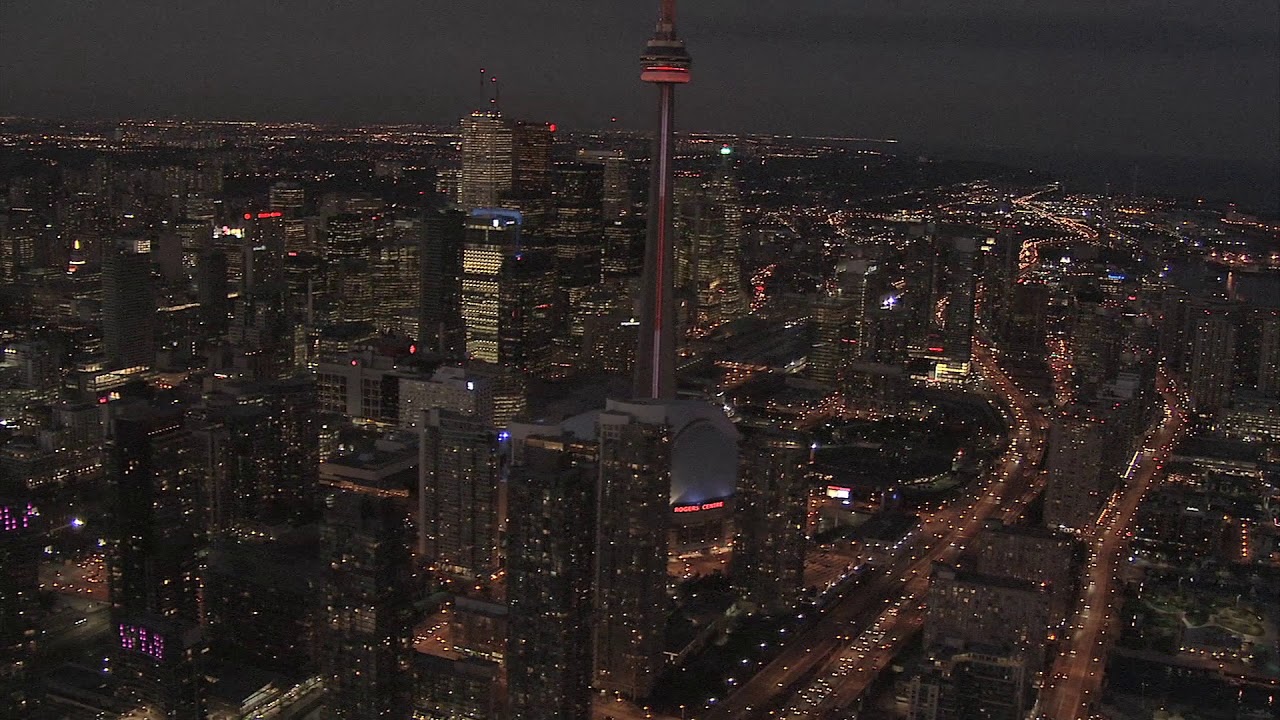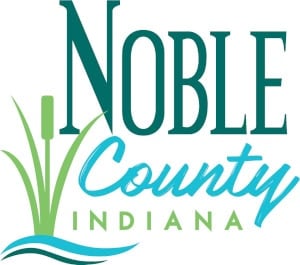The global tourism industry starts to plan its resurgence from the deadlock brought on by COVID-19. As it does that, cities and travellers are increasingly focusing on sustainable travel habits. With that in mind Berlin-based travel booking service Tourlane has compiled a list of the world’s fifty best cities for sustainable travel.
Related: 1 Hotel Toronto is for the eco-conscious, focusing on sustainability, safety and cleanliness
Toronto was the only Canadian city on the list, at No. 39, scoring well for metrics like public transport, green space and renewable energy.
Centre Island, Toronto
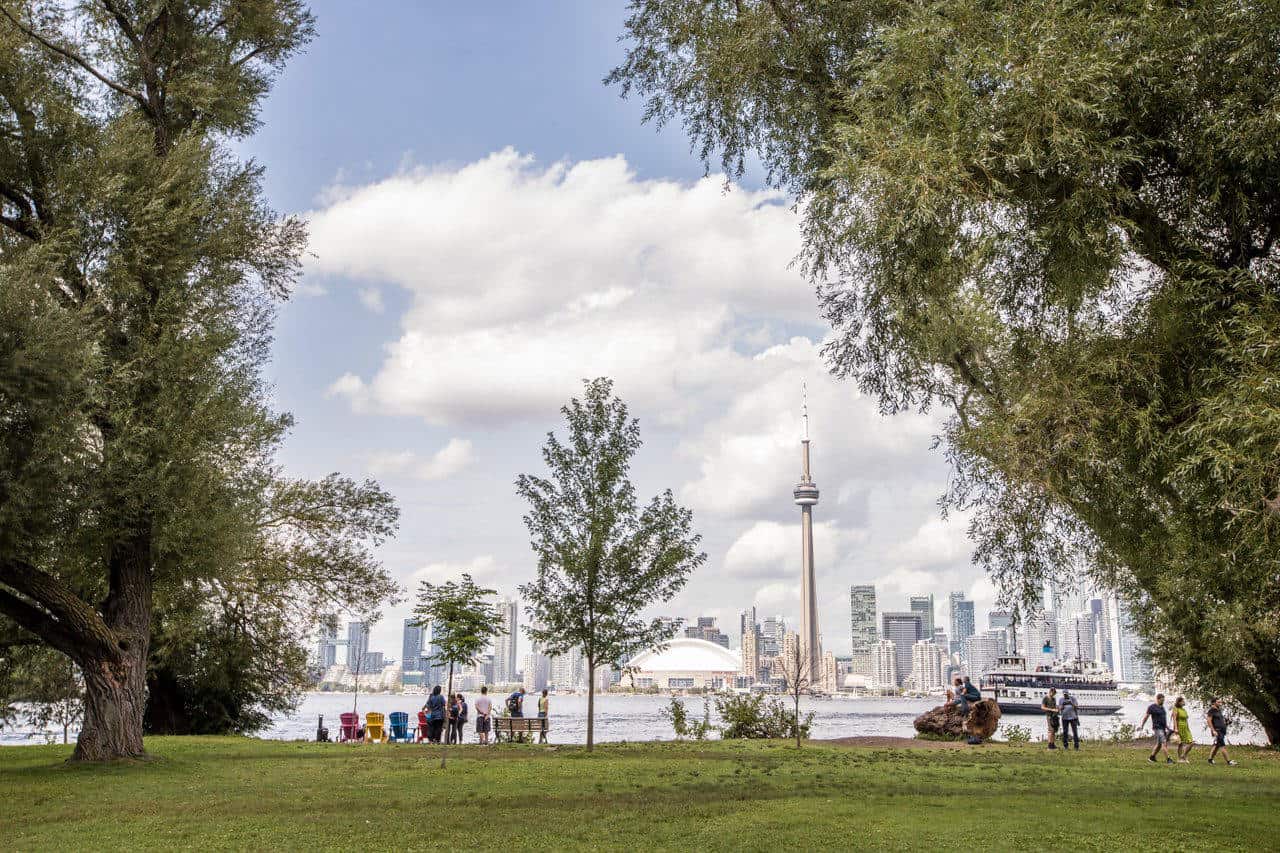
Some of the world’s greenest cities like Berlin, London, and Shenzhen rank highest on the list. The methodology chosen by Everlane ranks these cities based on eight metrics related to transport, the natural environment and local environmental policy. Those make it easy for travellers to minimize their environmental impact while visiting.
Travellers Increasingly Making Sustainable Choices
Toronto’s presence on the Tourlane list is welcome news. That is especially true since Booking.com’s 2019 Sustainable Travel Report showed that 72% of travellers believe “people need to act now and make sustainable travel choices to save the planet for future generations”. Also 73% looked to stay in an eco-friendly or green accommodation while travelling in the year ahead.
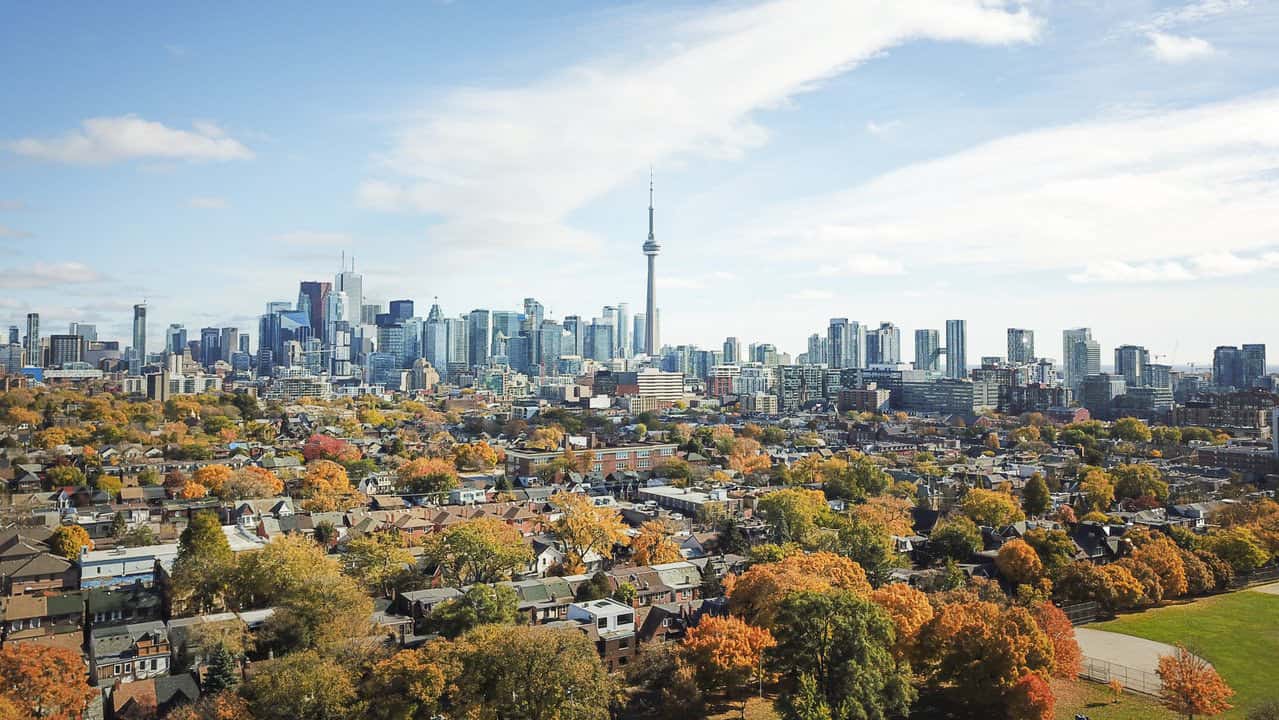
Luxury travellers are a group where these buying intentions have translated into action. The sustainable luxury travel industry has grown, including in the area of sustainable tours (list of Toronto eco tours is here). According to Global Data, Americans with annual incomes more than $150,000 were the most likely to book an ecotourism holiday. They would rather stay at accommodations that follow green standards and experiences are in natural settings while stimulating local economies.
Toronto’s Sustainable Travel Future
So how does a city like Toronto capitalize on these trends. How does the city bill itself even more as an eco-friendly city in the hopes of attracting these conscious travellers? The federal government announced nearly $8 million in funding for Toronto tourism in May.
This funding is earmarked for propping up a hard-hit industry that is likely to lose 50% of its revenue in 2020. Still, the question remains: how can this money be spent to boost sustainable tourism in the city?
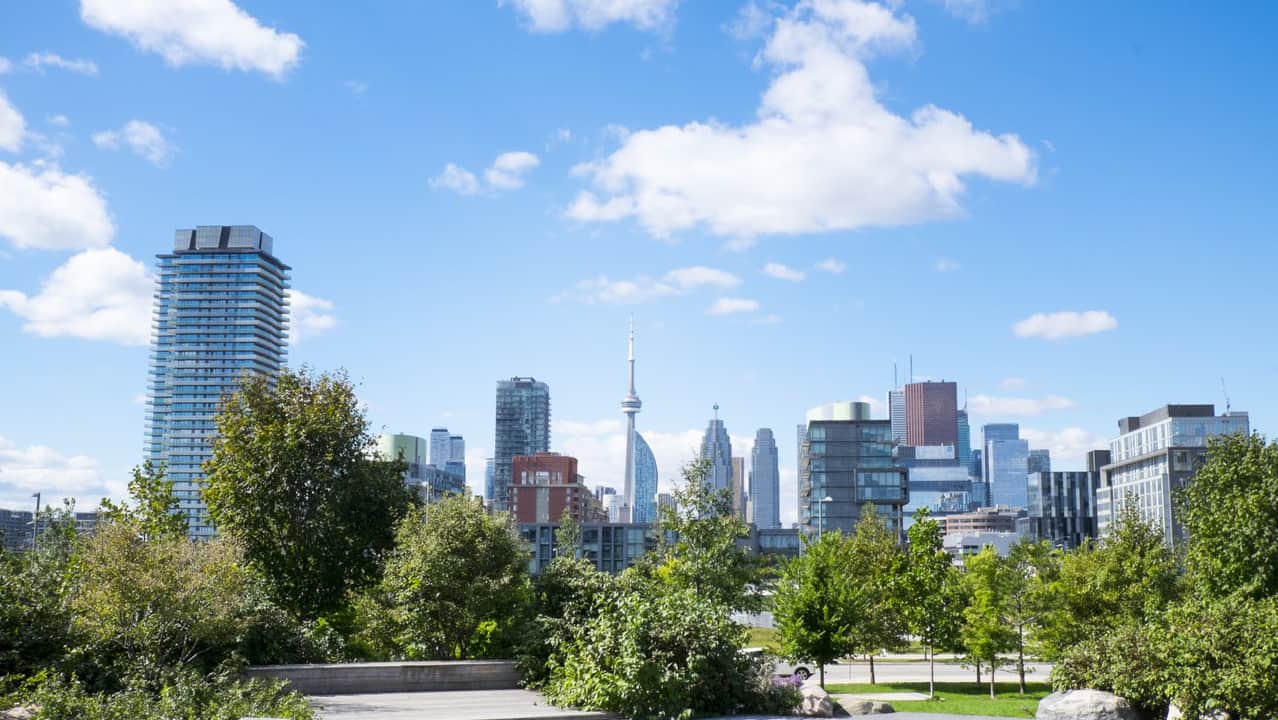
The Toronto area is already home to two of Canada’s top ten “green” hotels. Included there is the Westin Harbour Castle. The hotel boasts a rooftop garden among other initiatives that earned them a strong Green Key Eco-Rating. Delta Hotels by Marriott Toronto (near the Rogers Centre) is the other one. Other hotels can follow their lead and develop their own sustainability programs.
The Tourlane ranking gives Toronto comparatively low marks for clean air and international train accessibility. It’s not possible to connect Toronto to another country by train. However air pollution decreases during the time of COVID paint a picture of the gains that can be made by reducing vehicular traffic. The city can also continue to develop its stellar green space ratings by continuing to develop plans for the Rail Deck Park and other initiatives.
It will take time before tourism fully recovers from the impact of COVID-19. However, this period of time represents an opportunity to plan ahead to develop the new sustainable travel destinations of the world.
IMAGES COURTESY TOURISM TORONTO
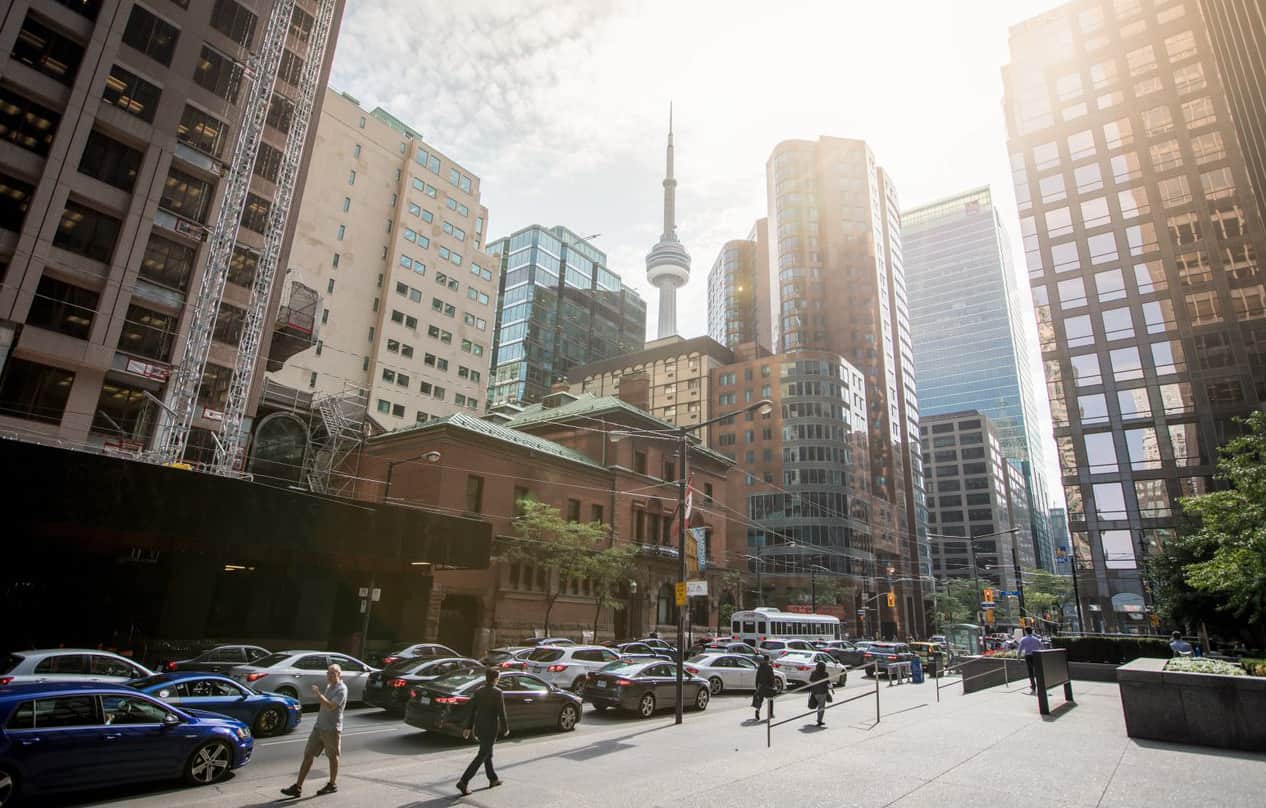

Coleman is a Vancouver-based writer who specializes in lifestyle, fashion, design, art and all things luxury. He holds a marketing degree from the University of British Columbia, and splits his time between writing and working for a local marketing and media company.
He can be found running in one of Vancouver’s many parks, surrounded by books on a rainy day, or exploring the season’s newest menswear releases in the Gastown neighbourhood.



